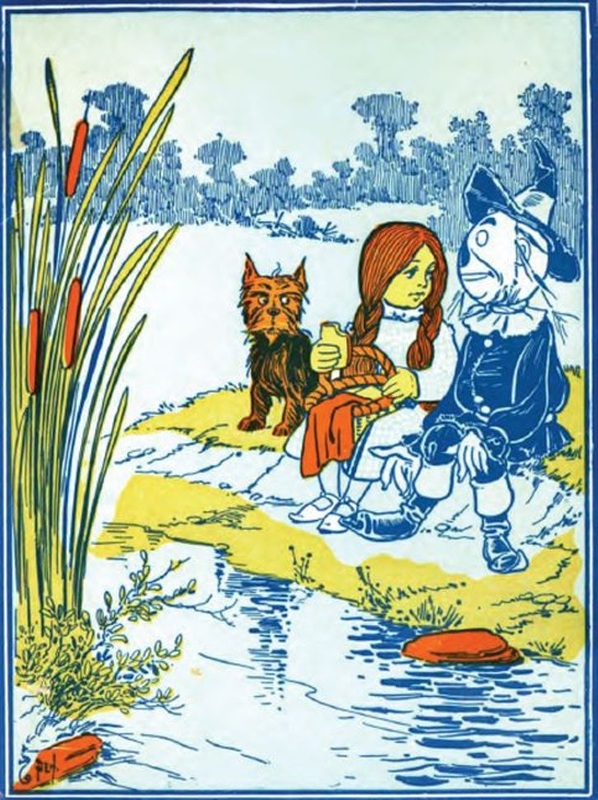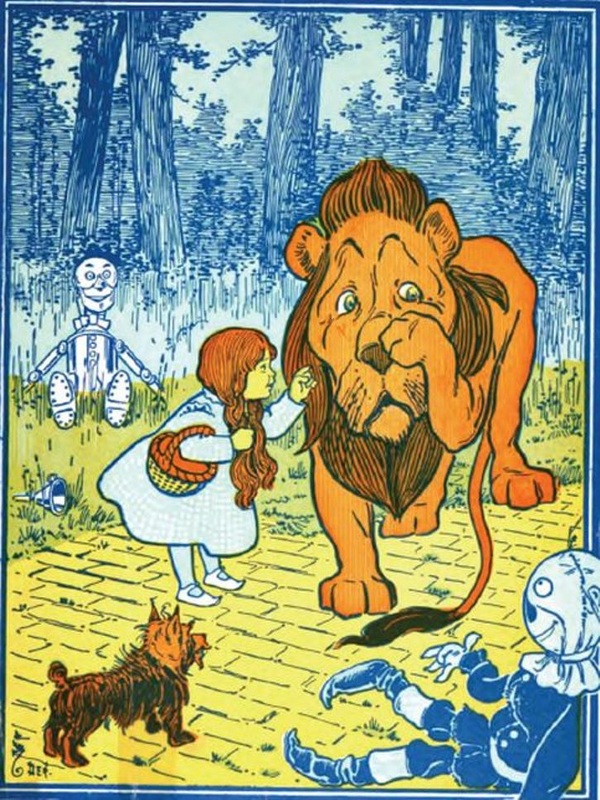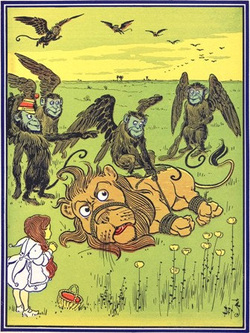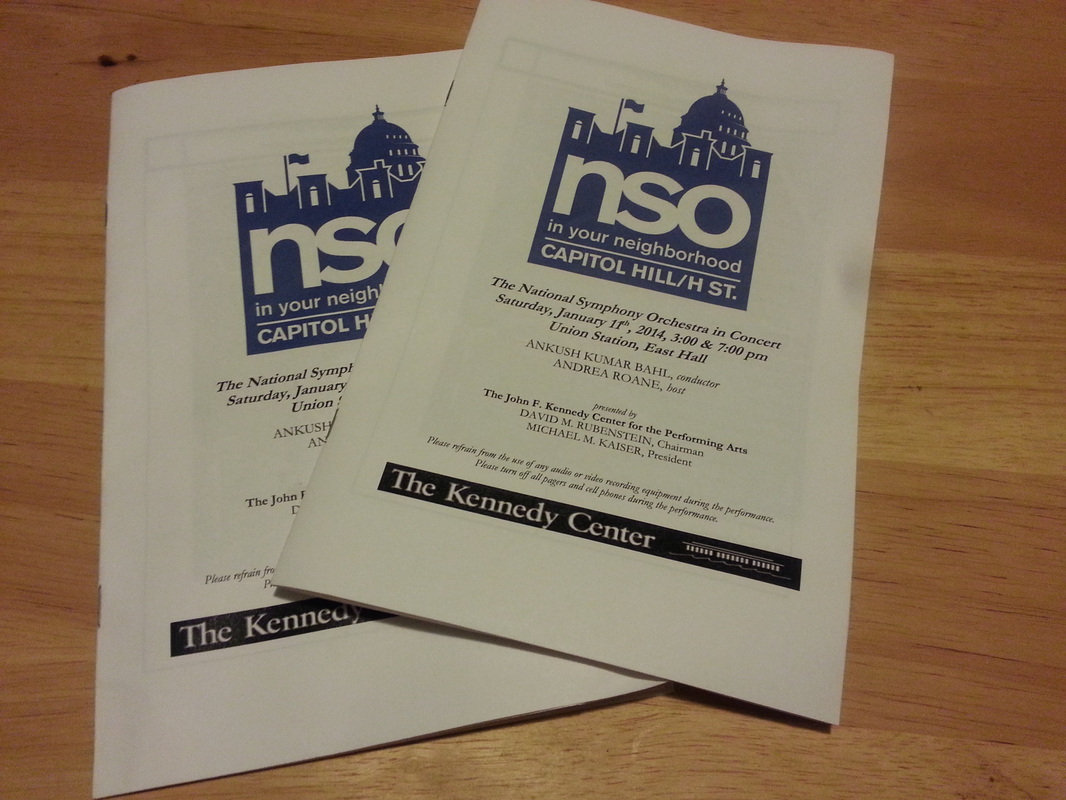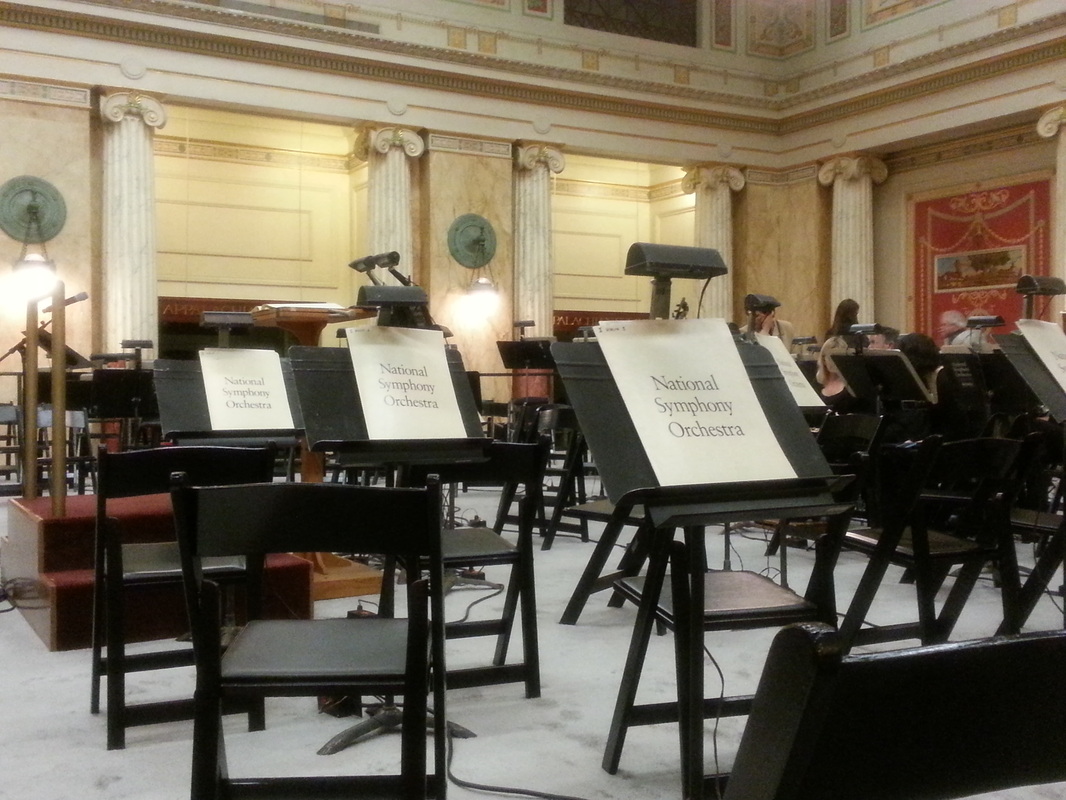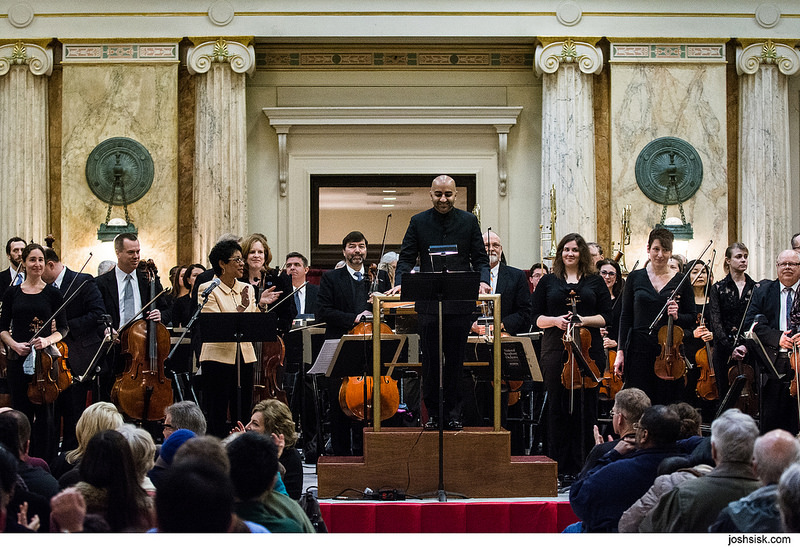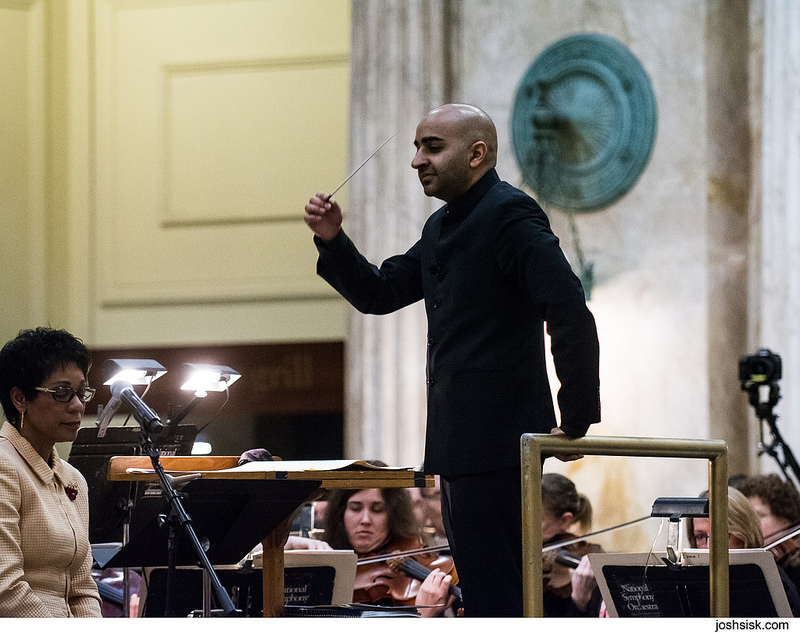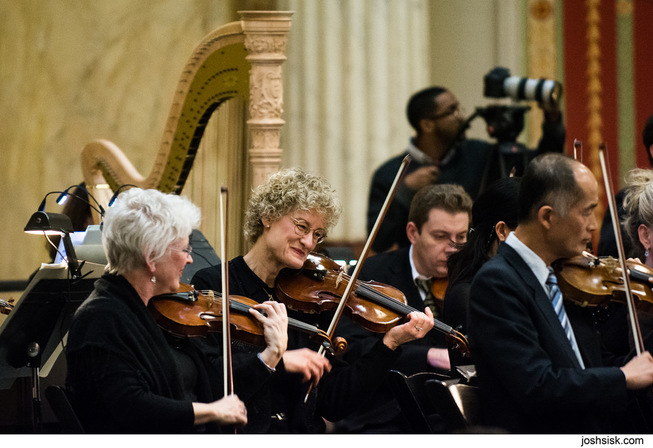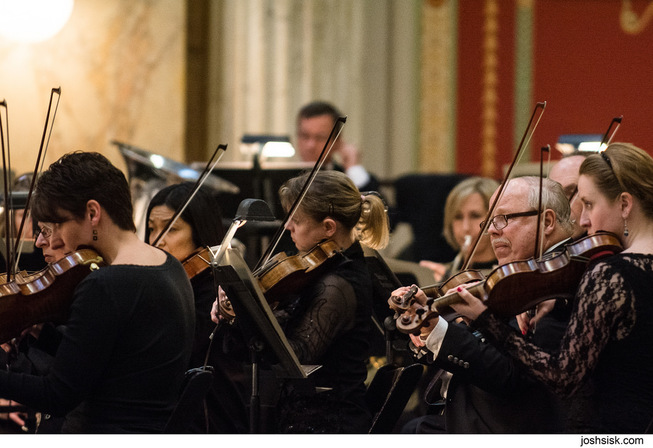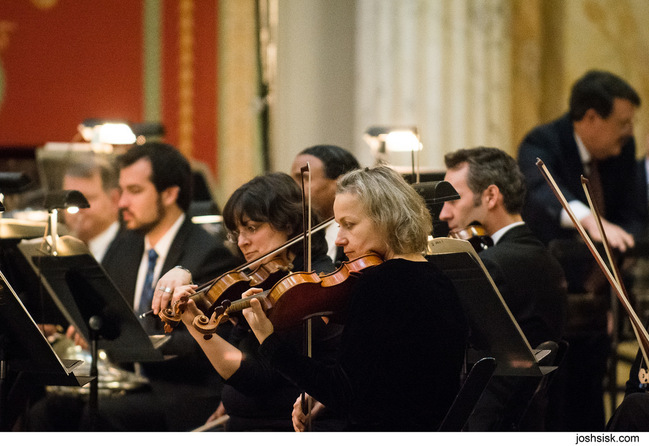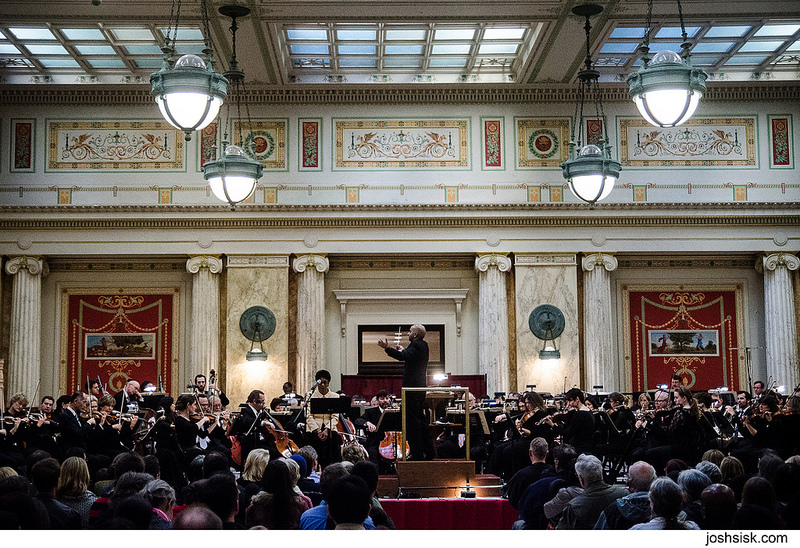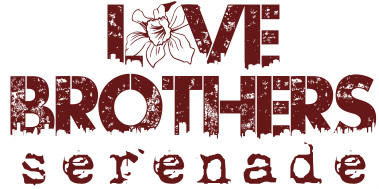|
Recently, I've been in a number of conversations with playwrights interested in learning how to find an agent. When asked this question, I always share the advice that Beth Blickers gave to me when I first approached her about five or six years ago. At that time, I was working freelance as a playwright, dramaturg, director, producer, and teaching artist. I was juggling a lot of contracts and working hard to find balance in my life. I already had several readings, workshops, and productions to my name. What's more (and by the grace of all the muses, word of mouth, and good networking), my plays were being read by artistic directors and literary managers at some rather exciting regional theatres. I was eager to become a part of the American Theatre in a more visible and viable way. Beth, being the wise and generous playwrights' angel that she is, read three of my plays and was excited by my voice. She put me in her back pocket, as it were, and told me to be patient. She offered me excellent counsel from time to time and introduced me to a number of folks who also took an interest in my work. Each time we connected, she told me to focus on my craft. I did and years later, but exactly on time, an amazing agent, the incomparable Morgan Jenness, found me. Officially, Morgan and I met at the 2012 TCG National Conference. I was there for the first time as a Young Leader of Color and she was my mentor. Morgan is someone who doesn't do anything in halves. We spent a year getting to know each another over lunches, emails, and at various conferences. She is someone I cherish deeply. We have similar values. I deeply admire and respect her fierce commitment to arts advocacy and social justice. In her actions and belief in me, she encourages me to be a better person. When she left Abrams Artists Agency, she made sure that I was in good and capable hands, which is how I came to work with the remarkable and talented Leah Hamos, who has been my source of strength, courage, and stability ever since. So, for me, finding an agent was about finding a mentor, collaborator, and friend. It also had to do with shaping my voice, continuing to network, strengthening my position in the local, regional, and national community, and determining what my specific contribution to the American Theatre would be. But every story is different and so, without further ado and with permission, here's the invaluable advice that Beth Blickers shared with me: When to Approach an Agent by Beth Blickers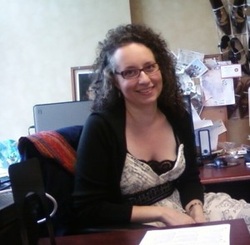 “If you’ve only written one play and it hasn’t been produced then it is decidedly too soon to look for an agent. And bear in mind that once an agent passes on repping you, you go into their database of people to whom they have said no. And I know for a fact that at some agencies that database is shared within the department. Meaning if you get told no by one agent and approach a different agent two years later, they look you up and you can wind up getting passed on again without being read afresh. The strongest moment to reach out to agents is when something nationally recognized is happening in your career, when you’ve built of fan base of people who know agents and can speak highly of you and when you are starting to bring in some income so they aren’t working entirely for free. At this point you’ll probably have met some agents in passing at theaters and panels, you’ll probably have worked with some directors who have agents (and are easy ways to get introductions), you’ll have artistic directors and literary managers who will make introductions on your behalf. And I hope you will have talked to represented artists about who they are with, who they know, who they like and why they like them, what agents are actually able to do for them, how they work well together (or don’t), so that you can thoughtfully talk with some agents and make a choice and work together happily for many decades to come. Don’t (and I’m sure every literary manager will second this list) send us a play you have never heard out loud, even if it’s just in your living room. Don’t tell me about the 22 full length plays, 78 one acts and 592 sonnets you’ve written. Don’t list all of the famous people you know if they’ve never done a thing to further your career. Don’t tell me you’ve been produced by a theater when it was a one night event. Be honest and straightforward. I’d rather a fairly empty resume with a genius cover note then a dazzling array of information that when I start to pick at it, falls apart like dust. And trust me, we check. If you tell me a theater is strongly considering your play I WILL ask that theater about it. And 99 times out of 100 the “strong consideration” means the writer sent them the play that week. Makes the writer look bad to me and the theater. Do network like mad, go to new play festivals, offer people a mid afternoon iced latte in exchange for an informational meeting, Google theaters, have a website, befriend writers and directors, invest energies in things other than theater, be interested in the world around you and be an interesting person yourself. Know what makes you unique and what you have to offer to the world of theater. The other day I chastised theaters who respond to queries about what they are looking for in a play with “good writing.” I’d say the same to any artist. If I ask you want you want to do in the theater please don’t tell me “write good plays and work with good people.” It tells me nothing about what makes YOU special. And if you don’t know what makes you special why do I care? To quote the great Liz Engleman “why this play, now.” I’d expand that and say agents are asking daily “why this writer, now.” The best writers have an answer. And my goodness they are a delight to represent.” Beth Blickers is currently an agent at Abrams Artists Agency, where she represents such writers, composers, directors and choreographers for theatre, television and film. Before joining Abrams, she was an agent at Helen Merrill Ltd. and the William Morris Agency, where she began work after graduating from New York University.
0 Comments
Over the past few years, I've been asked to serve as a mentor to theatre students and emerging playwrights near and far. And recently, in a forthcoming interview, I was asked to share my thoughts on being a mentor. Here's a collection of thoughts I've shared over the years.
On Becoming a Mentor: I've always been the one to beg a seat at the table with the smartest person in the room. This way, I could listen, learn, grow, and be inspired. Many of my mentors are the women I knew in undergrad and grad school at the University of Texas at Austin: Amparo Garcia Crow, Jill Dolan, Ruth Margraff, and Omi Olono Osum. Recent mentors include folks I've met and reconnected with since moving to D.C.: Beth Blickers, Teresa Eyring, Gregg Henry, Morgan Jenness, Jennifer Nelson, Mary Resing, and Dawn Ursula. Some are also my peers: Sarah Bellamy, Ilana Brownstein, Julie Felise Dubiner, Jules Odendal James, and Dafina McMillan. So, when I was asked to be the one folks sat by, I thought wait a second, "How can I be a mentor when I'm still being mentored myself?" Then, I got over that, stopped being both selfish and self-conscious, and shared everything these amazing folks taught me. On Being a Mentor: I think about this quote from Benjamin Franklin: “Tell me and I forget, teach me and I may remember, involve me and I learn.” I believe that being a mentor different from being a teacher. It’s a process of engaging another person in rich, inspired and challenging dialogue about shared passions, thoughts and ambitions. This allows each person to come to the conversation at different points of entry, different levels of experience and different points of views. You meet in a place of respect and admiration. On Finding a Mentor: I started with people that I knew and who knew me. People who could speak to my ambition, enthusiasm, and experience. People whose aesthetic vision I admired and respected, even when it didn't mirror my own. For me, ultimately, it's was essential to find someone who shared my core and practicing values. I found that I was looking for someone to walk with in strength and solidarity. Someone who would challenge and nurture me. These are folks that I trust implicitly. Good Mentorship Advice: 1. It is essential that you learn how to talk about your work and aesthetic vision. You must be able to market yourself as a theatre professional. This will help with grants and interviews. Your narrative must begin with you who you are, what honed and shaped your voice and what you aspire to be. Be mindful, that there is a line between being clear about your path and being arrogant. It has to do with your intention. 2. There is no success without the community. I am who I am because of my spirit, ambition, drive, and vision, but also because many people along the way believed in me and lifted me up. It is a part of my life service and artistic vision to lift others up as well. 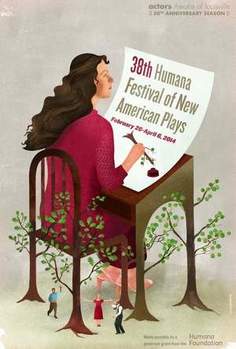 My time in Louisville is drawing to a close. I head back to D.C. on Monday. Being here, working as a dramaturg on brownsville song (b-side for tray) for Actors Theatre of Louisville's Humana Festival of New Plays, has been at once a remarkable, challenging, inspiring and empowering experience. I am thankful to Jennifer Bielstein, Amy Wegener, Kimber Lee, and Meredith McDonough for this affirming, educational, and career-defining opportunity. What I wouldn't give to come back, and oh what a dream to be here as a playwright! Click here to learn more and purchase your tickets. Also, please enjoy these production photos by Bill Brymer and click here to learn more about the cast and crew.  Yesterday, before attending our first first preview, I walked that bridge that takes you to Indiana, as I've done so many times. Only this time, I walked against, through, and into 35-45 mph gale force winds. At one point, I held on to the metal railing as cars barreled passed. I don't know the depth of the Ohio River, but I know that my ability to swim pales against the strength of the tides. Step by step, gust by gust, I made my way across and back. All the while, I thought of Dorothy, whose story I'm in process of adapting for Adventure Theatre-MTC. This poor determined farm girl, who dared to dream and asked the universe for something more, something beautiful, something different. And so, she was scooped up by the wind and dropped somewhere new, magical, wonderful, frightening, and free. I thought about her journey and all that she learned ... all that she wouldn't have learned had she stayed in one place. Then I thought about all of the change happening around me, all of the unbelievably amazing opportunities life has given me, and I felt blessed. I also felt really stupid for walking out on that bridge in the midst of a wind advisory. But honestly all of that is what I think it takes to make it through life: the audacity to dream, heaps of courage to embrace change, a lot of determination mixed with a bit of stupidity, a complete willingness to ask for help when you need it, and the humility to learn from all that you've experienced. This is also why your failures are as important, if not more so, than your successes. 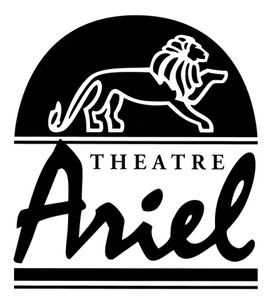 Today, I'm going to finish my 10 minute play, SISTERS, BY WAY OF GRACE, which I've been commissioned to write for Theatre Ariel's 10X8: FOOD, FAMILY, and PHILOSOPHY Salon Series. It's an imagined encounter between Tziporah and Miriam. More on all of that soon! When I finish, I'm not going to take on that bridge that takes you to Indiana. The wind advisory is still in effect. Instead, I'll just meander about the city and see what adventure awaits. 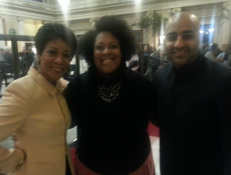 Last month, the National Symphony Orchestra presented NSO at UNION STATION, two train-themed" concerts at Union Station as part of their In Your Neighborhood Program. Under the leadership of NSO's Assistant Conductor Ankush Kumar Bahl, WUSA Channel 9's Andrea Roane served as mistress of ceremonies. I wrote the script, which consisted of short vignettes that not only introduced each song and composer, but also captured the spirit of the music and offered a glimpse of the vibrant landscapes one might see while riding a train. It was such a rich and joyous writing experience. I sat front row at both concerts. Applause and cheers abound after each song. Every now and again, I'd look around to see a room brimming with people of all ages, races and multiple abilities. I was delighted to see so many families with children. I can't say enough how much I enjoyed working with the National Symphony Orchestra and hope that this is the first of many collaborations. And now, at long last, I have these wonderful photos by Josh Sisk to share with you. Please enjoy!
It's the rain. It's the joy of deeply held and lasting friendships. It's the blessing of a most beloved, patient and supportive family. It's the oddness of holding energy around the possibility of someone, who does not hold you in the same regard, and the courage to accept the unrequited feelings and the effort to release that energy. It's the humility of not being chosen first coupled with the gratitude of being included anyway. It's the excitement around upcoming work. It's the hope radiating around a career opportunity of a lifetime. It's that I'm in the dream stages of writing a new play.
These are my morning meditations and life goals:
And then there's the richness, power, and awe of this ... when poets, freedom fighters, and revolutionaries dance. This video is powerful and evocative. It moved me to tears.
Here's how it is described: "A blind and homeless man sits by the side of a building hoping for some spare change, but no one seems to notice him or care. A stranger walks by and changes the message on his sign and suddenly the homeless man's fortunes change." But it's not a PSA in support and awareness of the homeless and/or disabled communities. It's an ad for online copy writers. Thank you, A. Rey Pamatmat for sharing this useful bit of dramaturgy. Confession: I silenced the little voice in my head that said, "Wait a minute, she didn't even ask if she could change his sign." I did so, because I found the compassion of people giving so touching. I have a heightened awareness to the homeless community right now for a number of reasons:
Mind you, using the poor and disenfranchised to evoke compassion is nothing new and it's where things get tricky. Also, let's contemplate this woman's action to change his sign. It reminds me of a scene in Episode Six of the ever brilliant House of Cards when Claire Underwood sees a homeless man perched outside of her office and hands him a $20 bill. She tells him there is a cafe up the street and walks away. We see him look at the money, but he does not move. The next day, he returns the $20 bill to her as a beautifully folded crane. She takes the crane, contemplates it and learns how to make cranes of her own. I'd also like to think that Claire sees this man as a man and as someone for whom she should not make assumptions. Also, I hope we get more of him in this next season. There is a space where the women in the video's actions could be applauded. She didn't just walk by or drop of a few coins. As someone good with words, this is what she could do or give. In my own arrogance, I have seen the signs of the homeless or experienced the pitches, and wanted to offer a few tweaks. Historically, much has been made of this space of not just giving, but of doing what you can. Colonialism is a result of this space as are the many welfare programs in this country. And it is here where I want to focus this conversation, this space of knowing what is best for a community and therefore providing a service. It's troublesome as it relates to the work we do in theatre when we provide artistic programming FOR a community and not WITH the community. With theatre, we are creating what we believe is a deeply powerful, important, and meaningful experience. But within that is the knowledge/working assumption that the community doesn't know what it needs and/or that it needs to be taught, and certainly that it needs to be taught a standard of excellence. But we are surprised and disappointed when the community doesn't show up, and because of our business model and need for sustainability, we are also panicked. We do our best to try to engage with the audience: surveys, post show discussions, marketing, etc. But something is missing. There is a disconnect in all of this somewhere. I decided to write about this, because I've been a part of conversations about how in the nonprofit theatre world, we serve our communities by providing artistic programming for them versus with them. This is subtle, but marked distinction. Also, I've been a part of conversations about how theatres use people of color in their marketing, but their programming and artistic/administrative staff do not reflect the same level of diversity. There is a disconnect between the mission statement, the programming, and the community, which could account for dwindling audiences, the continued lack of diversity, and no doubt contributes to unstable capitalization. Click here to learn more about how all of this is intertwined. There's so much to unpack here. I thought about deleting the video from my Facebook page, but felt the conversation was relevant and important to have. I look forward to hearing your thoughts. 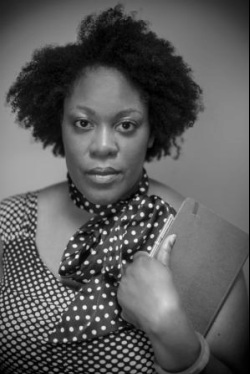 I started my day in conversation with Sarah Bellamy (a true blessing in its own right) about Penumbra Theatre Company and being able to live in a time where we can directly name the work we're doing around advocacy, social change, and eliminating racism in the theater. I am also sitting with the mourning and celebration of Nelson Mandela's life, work and legacy. He is a living testament to a time, space and energy when the fight for freedom came at a profound cost, but he lived long enough to see powerful change as a result of his efforts. Many of our own civil rights leaders and freedom fighters were not granted that grace. Of course, there is more work to do in many areas including theatre. My conversation with Sarah also allowed me to engage more deeply with a series of personal losses that have happened over the past year or so ... which resulted in this morning meditation... Growing up in Tennessee Colony was difficult. Racism, prejudice and attitudes toward poverty have done much to damage my self-esteem, optimism, sense of wonder and enthusiasm for life. Daily, I am reminded of the work needed to nurture my spirit. I don't always win, but having dear friends and a supportive family is a salvation. Over the course of the last year or so, I have lost three people who have loved me for most of my life. These people were my god parents, Debbie and James, both to cancer, and a dear family friend, Alan, who we lost on Wednesday to a heart attack. All three were friends of my father and mother. I loved speaking on the phone to Debbie and James when I was little. They lived in upstate New York and only visited a couple of times to my recollection. So, it was special to know that someone, who lived so far away, cared about me and wanted to talk to me. I was penpals with their daughter for a long time. Also, I have many treasured childhood memories in the home of Alan and his wife Mary. Playing on their living room floor, going on fishing trips, eating and laughing together, and watching them in friendship with my parents. I remember asking my father once, "Why do they love us and want to spend so much time with us? Why do they love me?" They weren't family and so I didn't understand. Also, I had never met anyone on my mother's side of the family and so learned early that bloodlines don't automatically assume love. He explained, "They love you because you're you and you bring them happiness." To be loved by someone outside of your bloodline for simply being you and perhaps for the joy you bring to their lives is a wondrous experience. To lose that love is equally challenging. All of which led me back to Mandela Nelson, a man who was loved and admired by so many. I am one of those people. I was inspired by his fight for freedom and humbled by his commitment to peace and reconciliation. His spirit drives the work that I do around Diversity and Inclusion in the American Theatre. It's hard to contextualize all that I'm experiencing right now, but I want to thank Madiba for his life's work. I want to thank those who believed in me, even when I didn't believe in myself. I want to move forward in service. Thank you for all who give me the opportunity to do so. “Laws and principles are not for the times when there is no temptation: they are for such moments as this, when body and soul rise in mutiny against their rigour ... If at my convenience I might break them, what would be their worth?” |
My BlogI'm a playwright, dramaturg, and teaching artist. It is here where you'll find my queries and musings on life, theater and the world. My posts advocate for diversity, inclusion, and equity in the American Theatre and updates on my own work. Please enjoy!
Categories
All
Archives
June 2020
Reading List
|
